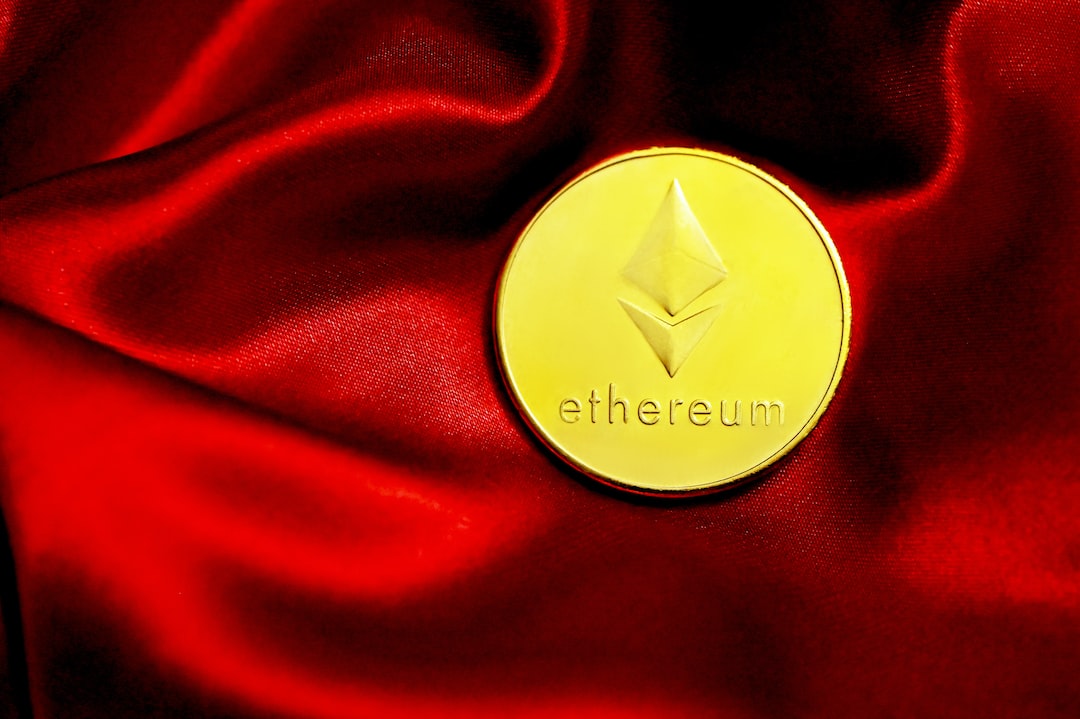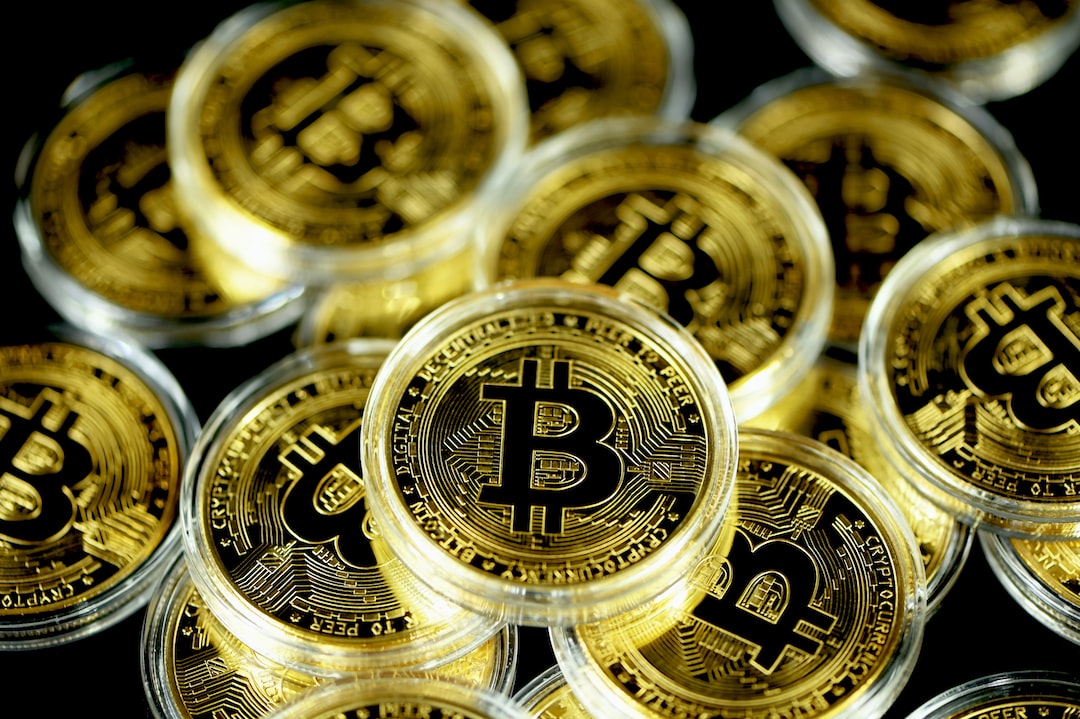PayPal Launches Stablecoin PYUSD, Raises Concerns
PayPal recently launched its USD-pegged stablecoin, PYUSD, in partnership with Paxos Trust Co. However, Congresswoman Maxine Waters expressed concerns about this development, citing the absence of a regulatory framework. Waters emphasized the need for federal oversight and enforcement to protect consumers and ensure financial stability.
Stablecoins Face Regulatory Challenges
- Stablecoins have struggled to gain traction in mainstream consumer payments due to resistance from global regulators and policymakers.
- The U.S. House Financial Services Committee introduced a bill to establish a regulatory framework for stablecoins, focusing on registration and approval processes for issuers.
Stablecoin Market Expected to Grow
A research report by Bernstein predicts that the stablecoin market will reach $2.8 trillion within the next five years, a significant increase from the current $125 billion. Analysts believe that major financial and consumer platforms will issue co-branded stablecoins, presenting an opportunity for PayPal to enter and compete in this expanding market.
Competition with Tether and Circle
While PayPal will compete with existing stablecoin players like Tether and Circle, Tether’s CTO, Paolo Ardoino, downplays the threat posed by PayPal. PYUSD targets the US market, while Tether’s USDT focuses on emerging markets. PayPal’s entry may pose a greater challenge to Circle’s USDC, which has a strong presence in the US.
Hot Take
PayPal’s entry into the stablecoin market could have significant implications for the future of digital payments. As the market grows and regulatory frameworks are established, it remains to be seen whether PayPal can carve out a substantial share and effectively compete with established players.





 By
By

 By
By

 By
By